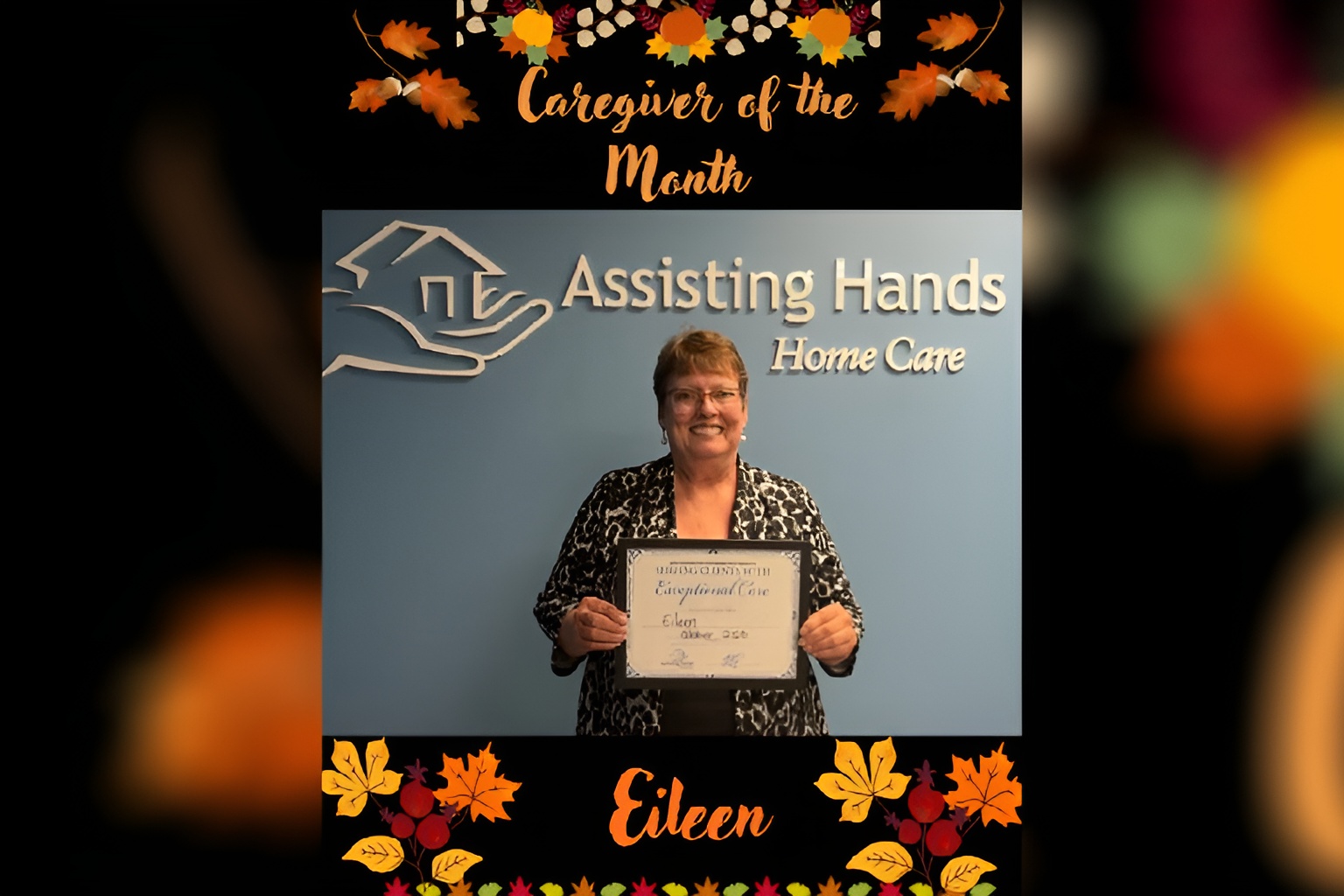
Table of Content
Caregiving can be one of the most rewarding yet challenging roles you’ll take on in life. Supporting a senior loved one often requires emotional resilience, physical stamina, and time management, which can take a toll on your wellbeing. Building a strong support network is essential to ensure you can provide care while maintaining your health and peace of mind.
Understand Why Support Networks Are Essential
Being a caregiver is taxing, both physically and emotionally. A strong support network can help you manage stress while giving you the resources needed to provide better care. It allows you to share responsibilities, seek advice, and stay connected with others who understand your situation. Without support systems, caregivers may experience burnout, isolation, or feel overwhelmed trying to balance care responsibilities with other parts of life.
There are a variety of reasons family caregivers should consider home care. Libertyville, IL, families often have additional responsibilities that make it more challenging to provide the care their senior loved ones need and deserve. A professional home caregiver can take over your important caregiving duties, allowing you more time to focus on yourself.
Use Family and Friends as Your Foundation
The first step in building a support network is turning to family and friends. These are often the people most invested in helping you succeed as a caregiver because they share a connection with the person you’re caring for.
- Communicate your needs clearly – Don’t assume your family and friends will automatically know how to help. Be specific about the type of support you need, whether it’s handling grocery runs, covering care on certain days, or simply offering emotional support.
- Delegate responsibilities – Ensure tasks are distributed evenly to avoid overloading one person. Having a collaborative approach makes caregiving a shared effort rather than a sole responsibility.
- Stay connected – Regular check-ins build understanding and shared responsibility among family and friends, maintaining your overall wellbeing as well as your loved one’s.
Seniors can face a variety of age-related challenges. Though some families choose to take on the caregiving duties, there may come a time when they need a trusted senior care provider. Families sometimes need respite from their duties so they can focus on their other responsibilities, and some seniors need around-the-clock assistance that their families are not able to provide. Assisting Hands Home Care is here to help.
Explore Community and Local Resources
Don’t overlook the power of community-based resources. Many local organizations, nonprofits, and government programs are designed to support caregivers with their responsibilities.
- Caregiver support groups – Look for local or online support groups where you can connect with others in similar situations. Sharing experiences can provide practical solutions and emotional relief.
- Nonprofit organizations – Many nonprofits offer specialized caregiver programs, including respite care, training, and financial assistance. Organizations like the Family Caregiver Alliance and AARP provide free resources for caregivers.
- Local government programs – Reach out to local agencies or Area Agencies on Aging (AAA) to learn about educational programs, grants, or services like home modifications for accessible caregiving.
Leverage Online Support
Thanks to technology, caregivers now have access to global support networks. Online communities can provide advice, encouragement, and the opportunity to learn from other caregivers’ experiences.
- Social media groups – Join Facebook groups or subreddit communities dedicated to caregiving for instant connections and advice.
- Professional forums – Platforms like AgingCare and CaringBridge connect you with experts and fellow caregivers, allowing you to seek guidance tailored to your challenges.
- Webinars and online workshops – Participate in virtual training sessions that provide valuable caregiving skills and coping strategies.
Take Care of Yourself
Building a support network wouldn’t be complete without emphasizing self-care. To be effective in your role, you need to care for your physical and emotional health.
- Schedule breaks – Use your network to share responsibilities so you can take time for yourself. Even short breaks can recharge your energy.
- Seek counseling if needed – Therapy can help you process the emotions that come with caregiving. There’s no shame in talking to a professional.
- Practice regular wellness activities – Exercise, mindfulness, and hobbies shouldn’t be neglected. These activities can help you maintain balance and reduce stress.
Family caregivers need to care for their own wellbeing. If you’re caring for an aging loved one and are feeling overwhelmed, consider hiring a professional caregiver to provide respite care. Libertyville families who want to prevent burnout can turn to Assisting Hands Home Care. One of our professional caregivers can assist your loved one at home while you take a nap, go to work, run errands, or go on vacation. Call today to speak with a friendly and experienced Care Specialist to formulate a home care plan for your loved one.







